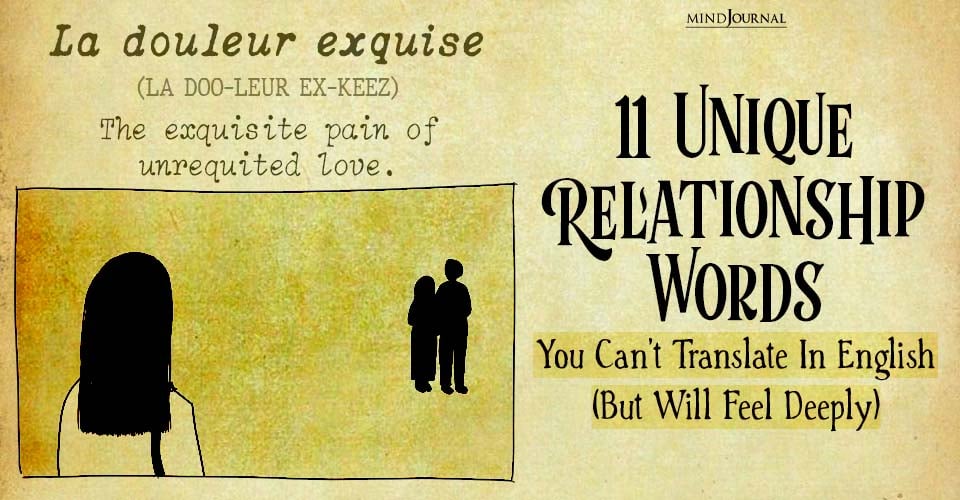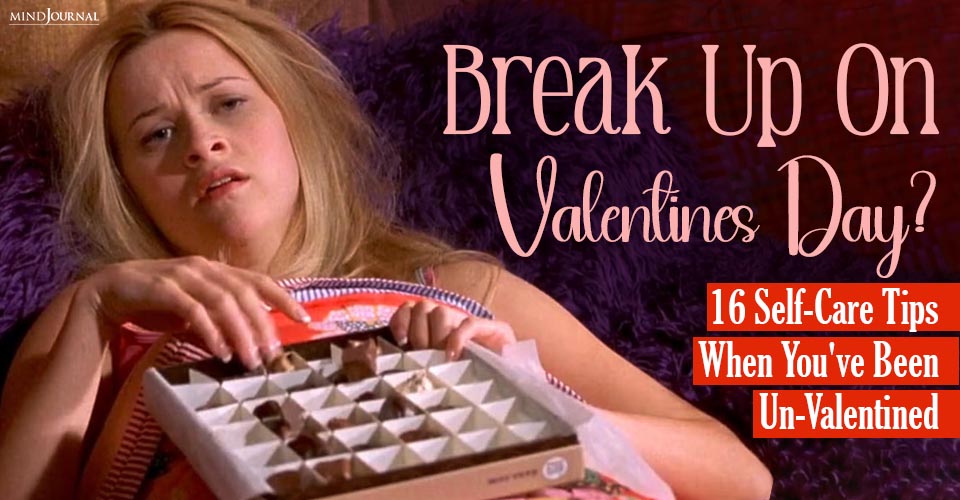Toxic communication patterns in relationships are like sneaky little termites—hard to spot at first but causing huge damage over time. These signs of unhealthy communication can quietly creep in and, before you know it, you’re stuck in a cycle of miscommunication, frustration, and emotional burnout.
The way you speak to each other is everything in a relationship, and if things aren’t being communicated clearly, things can go downhill pretty fast. And before you know it, your relationship is over, leaving you wondering what went wrong.
Today we are going to talk about ten toxic communication patterns, and what unhealthy communication in relationships look like.
Related: 8 Ways to Break the Distancer-Pursuer Communication Pattern
10 Toxic Communication Patterns
1. The Silent Treatment is a Relationship Killer
Let’s be real—giving someone the silent treatment is one of the most passive-aggressive ways to deal with a problem, and also one of the most toxic argument styles.
Instead of talking it out, one partner goes radio silent, leaving the other person in the dark. Sure, it might feel satisfying in the moment, but in the long run, it creates tension and makes both of you feel distant and frustrated.
When communication breaks down completely, it’s hard to rebuild that connection and find your way back to one another. Instead of playing the silent game, simply talk it out and have a conversation—even if it’s messy. It’s way more productive.

2. Constant Criticism Makes Your Partner Feel Like a Failure
Nobody likes to feel like they’re constantly being judged. If your idea of “helping” is pointing out everything your partner does wrong, you’re digging a hole.
One of the most unhealthy communication patterns, constant criticism chips away at a person’s self-esteem and makes them feel like they can never do anything right. So, instead of constantly pointing out flaws, try telling them gently what’s bothering you.
Tell them what you love and what’s working, then gently mention what could improve. It’s all about balance, not constant nitpicking.
3. Defensiveness Just Turns Every Argument Into a Battle
Ever try to talk to someone, and the minute you bring up something they’ve done wrong, they start defending themselves like they’re on trial? That’s what defensiveness does.
It turns a simple conversation into a tug-of-war where no one is listening and both people are just pulling in opposite directions. When you’re defensive, you’re not solving the problem; you’re just avoiding it.
If you feel the urge to get defensive, take a breath, listen, and try to see things from your partner’s point of view. It’s about finding a solution, not winning an argument. This sort of unhealthy communication is very subtle, but damaging nonetheless.
4. Stonewalling Is Like Giving Up on Your Relationship
One of the worst signs of unhealthy communication, stonewalling is like the emotional equivalent of slamming a door in someone’s face. When you completely shut down in the middle of a conversation and refuse to engage, it makes everything worse.
It’s frustrating for your partner when they are left talking to an empty room, and it can quickly create emotional distance between both of you.
Instead of ghosting each other mid-conversation, take a breather if you need to, but then come back and talk things through. Relationships are all about tackling things together, not hiding behind walls and giving into toxic communication styles.
Related: 7 Texting Behaviors That Signal A Toxic Relationship
5. Gaslighting Makes You Question Your Sanity
Gaslighting is seriously messed up, and unsurprisingly considered to be one of the most toxic communication patterns.
It’s when one person manipulates the other into questioning their own reality. They might deny things they’ve said or done, or twist facts until you doubt your own memory. If you find yourself always second-guessing your perception of events, that’s a red flag of unhealthy communication.
Gaslighting can be emotionally devastating and leave you feeling powerless and alone. If you’re ever in a situation where you feel manipulated or like you’re losing your grip on reality, seek outside help. It’s not okay, and you deserve better.
6. Blaming Each Other Won’t Solve Anything
If your go-to move in an argument is to point fingers and blame your partner for everything, congratulations—you’re stuck in a blame game. Blaming doesn’t help resolve conflict; it just makes both people feel resentful.
Instead of focusing on who’s at fault, focus on the issue at hand. “How can we fix this?” is a much better question than “Why did you mess up again?”
By owning your part in a disagreement and approaching the problem as a team, you both stand a better chance of solving it.

7. Interrupting Is Just Rude—And Counterproductive
You’ve been there: mid-conversation, and your partner cuts you off before you can finish your thought. It’s frustrating, and it shows that they’re more interested in getting their point across than actually listening to you.
Interrupting is a classic communication breakdown and is one of the most damaging examples of unhealthy communication in relationships. If you’re constantly cutting each other off, it makes everything feel like a competition.
So, instead of doing that, try taking turns talking and actually listen when your partner speaks. You’ll both feel heard, and the conversation will actually get somewhere!
Related: 6 Ways To Improve Communication In A Relationship
8. Overgeneralizing Makes Everything Feel Worse Than It Is
When it comes to unhealthy communication patterns, using phrases like “You always do this” or “You never listen to me” is a sure-fire way to turn a small issue into a massive problem.
Overgeneralizing takes one small, isolated incident and blows it up into an accusation that attacks your partner’s character. Also, it’s totally unfair.
So, why not stick to the facts and address the specific issue without using those big, dramatic words. If you really want to solve the issues plaguing your relationship, be specific about it, not vague and accusatory.
9. Yelling Turns Conversations Into Explosions
Nothing kills productive and healthy communication like yelling. When voices start to rise, it’s like the conversation goes from being a civil discussion to a full-on war zone.
When yelling is your default arguing technique, it creates fear, defensiveness, and walls, and ultimately doesn’t solve anything. It might feel like you’re being heard, but in reality, you’re just pushing your partner further away.
If you find yourself getting worked up, take a deep breath, step back, and try again in a calmer tone. The point is to be heard, not to dominate the conversation with toxic argument styles like this.

10. Avoiding Conflict Means You’re Avoiding Solutions
Some couples tend to avoid conflict like it’s the plague, hoping that if they ignore their issues long enough, they’ll go away. But here’s the thing: avoiding conflict doesn’t solve anything—it just makes things worse.
Unaddressed issues pile up until they explode, often in ways that don’t even make sense. This is one of the subtle and secretive toxic communication patterns.
If there’s a problem, learn how to deal with it! Sit down, talk about it, and find a way forward together. It’s way healthier to tackle conflict head-on than to let it fester in silence.
Toxic communication patterns can slowly chip away at the foundation of a relationship if you’re not careful. The key to keeping things healthy and happy is clear, honest, and respectful communication.
Related: 4 Toxic Behaviors That Are Ruining Your Relationship
These 10 toxic communication styles are sneaky and damaging, but they’re also fixable if both of you are willing to put in the effort. So, ditch the negativity, learn to listen to one another, and remember—it’s all about working together to grow and improve.











Leave a Reply